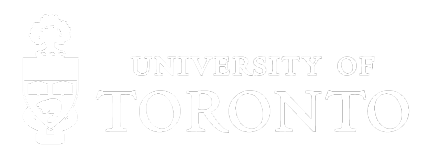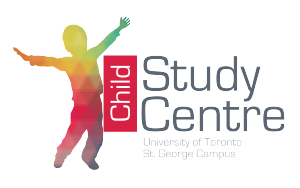Main Content
The Child Study Centre at the University of Toronto St. George campus
is a group of research labs devoted to studying various aspects of developmental psychology.
Collectively, we study the cognitive, moral, linguistic, and social development of children.
The Child Study Centre consists of six distinct research labs, each of which is headed by a different faculty member in the Department of Psychology at the University of Toronto St. George campus. Our labs are the intellectual home to researchers at all levels, including aspiring undergraduate students as well as graduate students and postdoctoral fellows. These teams work together to make our research possible. Each lab group is unique – we are all interested in understanding different aspects about how infants, kids, and teens think and act.
Read on to learn more about the research interests of each of our lab groups!
You can participate in some of our current studies, for kids from 1 to 11 years old!
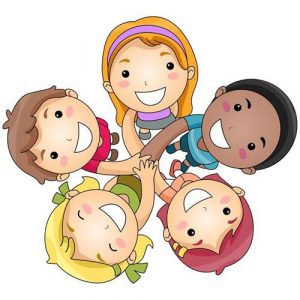
This study explores how children understand emotions, and how their understanding influences their helping.
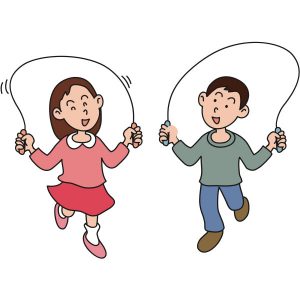
This study looks at how children view the generosity of others in different scenarios, and how this differs from adults.
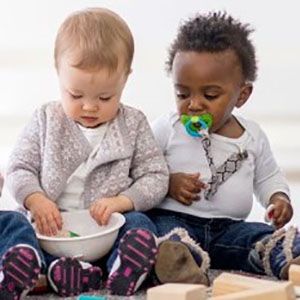
This study investigates how babies think of fairness, and how it can relate to other behaviours such as helping and trust.
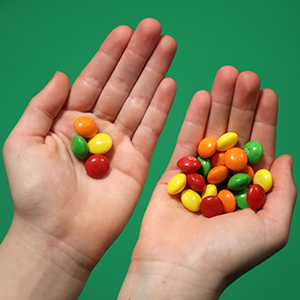
This study asks how children think about fairness and how they would fix inequalities if it were up to them.

Could a person ever grow a tail, or have a pet unicorn? We’re curious to find out how children make judgments about possible, impossible and improbable events.

This study looks at the unique ways children explore, and how this affects what information they remember.

This study looks at children’s ability to learn and remember probabilities, and how they use this information to make decisions.

This study asks how children think they will change when they become grown-ups.
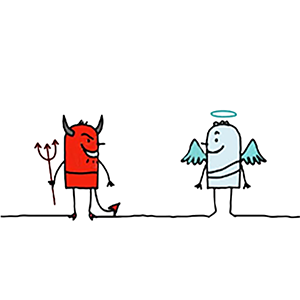
Can a mean person become nice? This study asks if children think childhood personality traits can change in adulthood.
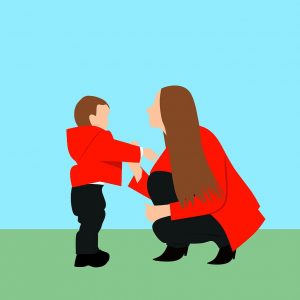
This study investigates how preschoolers use emotional cues, such as jealousy and altruism, to infer kinship between parents and children.
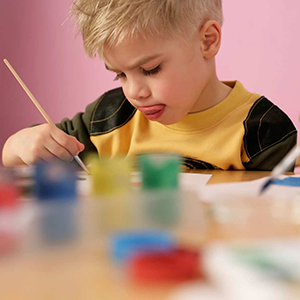
We want to find out if children use aspects such as time as a heuristic for effort and how that affects the way they value things.

We want to know whether children think their preferences and values have changed since the previous year and whether they think they will continue to change next year.

This study looks at children’s ability to learn about the different types of information they see in the world around them.
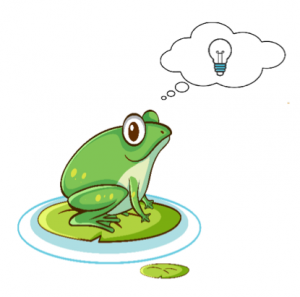
This study investigates how social context affects children’s attempts to solve a puzzle, as well as how these attempts may differ from adults.

This study investigates how children understand fair and unfair scenarios, helping and hindering situations, and how this influences their social behavior.
